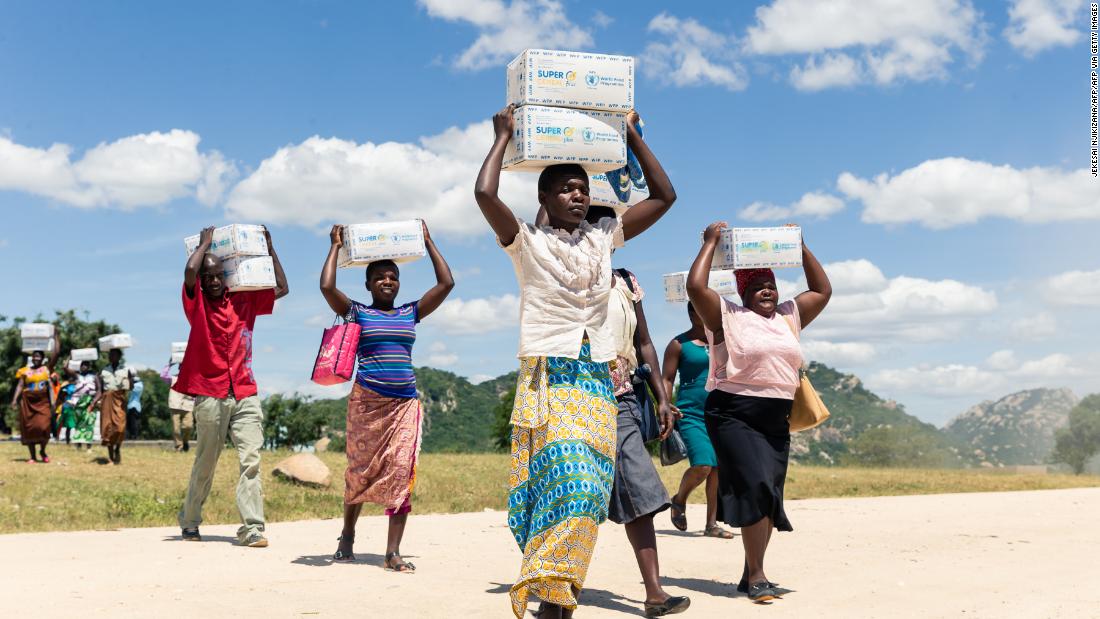
ZIMBABWE’S annual inflation will likely end the year between 55% and 65% against a government forecast of 53%, due to volatility of the parallel market exchange rate, researchers at Inter Horizon (IH) Securities have said.
Finance and Economic Development minister Mthuli Ncube recently revised annual inflation targets to between 35% and 46%, saying pressures from rocketing international food and oil prices were beginning to seep into the domestic market.
Government had previously projected between 25% and 35%.
Panicky authorities have been reshuffling targets in the past few months in response to volatilities that have shaken the economy, including an extensive battering of the domestic unit.
However, in its October monthly snapshot, IH said annual inflation would end the year between 55% to 65%.
“Month-on-month inflation has been on a steady increase since August. Should the current trend continue, annual inflation will end the year around 55-65% against a government forecast of 53%,” the research paper read in part.
“The rising inflation levels have been attributed to volatility of the parallel exchange rate. In recent weeks there has been strong demand for foreign currency on the auction as well, possibly indicative of a growing economy and, therefore, activity in industry,” the researchers said.
Monthly inflation in October 2021 was 6,4% from 4,7% in September, IH noted.
Annual inflation to October surged 54,49% from 51,55% in September, and 50,24% the previous month, according to the Zimbabwe National Statistics Agency.
Meanwhile, IH said the central bank managed to keep money supply growth within the targeted level with the monetary policy committee revising downwards the 20% target growth in reserve money to 10% in an effort to contain inflation growth.
Other introduced measures include increasing the bank policy rate from 40% to 60%, increasing statutory reserve requirements for demand or call deposits from 5% to 10% and increasing minimum deposit rates for Zimbabwe dollar savings and time deposits from 5% and 10% per annum to 7,5% and 20%, respectively.
“However, this may be countered by the requirement to fund 2021/22 agricultural inputs. When those funds hit the market there may be further pressure on the exchange rate and this will filter down to inflation. In addition, individuals are likely to continue converting RTGS to US$ to maintain value,” it said.
On the Zimbabwe Stock Exchange, IH researchers said they had been observing an uptick in share prices and were of the view this was as a result of investors fleeing to inflation-hedging assets.
“Despite occasional weakness due to profit taking, we expect the upward trend in the market capitalisation to continue to year end,” the researchers said.
Source: Bulawayo

